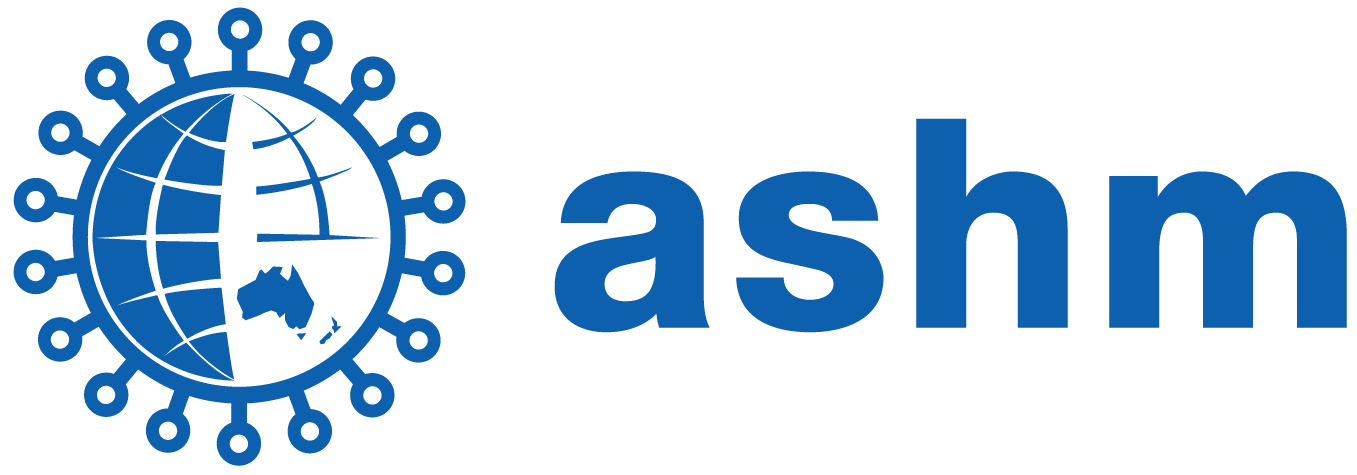Australia is facing a concerning rise in syphilis cases. A recent report from the Kirby Institute found that syphilis rates have tripled in the last decade. Among women, the infectious syphilis rate increased six-fold.
While the majority of syphilis cases are among males, the significant rise in cases among women is cause for concern — particularly among women of reproductive age.
This is because of the risk of congenital syphilis, where syphilis is transmitted to an unborn child during pregnancy. Syphilis in pregnancy can result in the most severe outcomes in terms of miscarriage, stillbirth, neonatal death, and great morbidity to children affected.
Since 2017, rates of congenital syphilis in NSW have steadily increased. In the five years to 2022, there was a 68% increase in syphilis cases. During this period, congenital syphilis reemerged – when previously, there had not been a single case of congenital syphilis in New South Wales since 2013.
“Congenital syphilis is preventable. But if untreated, it can be devastating,” says Dr Zarin Gundevia, a General Practitioner in Sydney’s east and shared antenatal care provider.
“The continued increase in infectious syphilis in women of reproductive age is concerning due to the risk of vertical transmission,” she says.
Syphilis: The Great Imitator
Syphilis is sometimes referred to as ‘the great imitator’, because when symptoms are present they can often mimic other infections. From a patient’s perspective, a painless lesion that resolves itself — one that they may not have even noticed — might not warrant a medical review, without realising it might be a sign of syphilis. To complicate matters further, about half of all patients with syphilis show no symptoms.
The only way to identify a syphilis infection is with testing, which makes opportunistic testing for priority groups, including those in pregnancy, all the more important.
Cherie Bennett, ASHM Medical Educator and Clinical Nurse Specialist at Sydney Sexual Health Centre, says that the rise of congenital syphilis reflects a failure of health systems.
“Given congenital syphilis is entirely preventable and can be safely treated with antibiotics, it’s occurrence reflects a failure of delivery systems for antenatal care and syphilis control programs,” says Bennett.
To combat congenital syphilis, the NSW Ministry of Health is developing a Syphilis in Pregnancy and Newborns Policy Directive which will outline minimum requirements for screening and managing syphilis in pregnancy.
In line with this policy directive, NSW Ministry of Health has supported the development of ASHM’s online course for New South Wales-based midwives and clinicians providing antenatal care, Introduction to Syphilis for Midwives and Clinicians Providing Antenatal Care.
“ASHM has developed a new online learning module that is designed to provide midwives and clinicians providing antenatal care with the tools to identify priority populations for antenatal syphilis testing in their practice,” says Bennett.
Bennett is calling on clinicians to ensure they are up to date on syphilis, to help curb rising cases and prevent congenital syphilis.
“As clinicians providing antenatal care, we have a responsibility to ensure our knowledge is kept up to date.”
Congenital syphilis is preventable, but it relies on taking the appropriate steps to test for infectious syphilis during pregnancy. Sign up to the Introduction to Syphilis course now to ensure your knowledge is up to date, and that you know when and how to provide syphilis testing.
Professional development hours
The NSW Introduction to Syphilis for Midwives and Clinicians Providing Antenatal Care OLM has been endorsed by APNA according to approved quality standards criteria. Completion of this educational activity entitles eligible participants to claim 1 CPD hour.
This is an RACGP-approved CPD activity under the RACGP CPD Program. It is accredited for 0.5 educational activity hours, and 0.5 reviewing performance hours.
Approved by ACCRM for 0.5 education activity and 0.5 outcome measurement PDP hours.
This course has received support from NSW Ministry of Health.

